Are slaves catching the fish you buy?
 The Burmese slaves sat on the floor and stared through the rusty bars of their locked cage, hidden on a tiny tropical island thousands of miles from home. Here, in the Indonesian island village of Benjina and the surrounding waters, hundreds of trapped men represent one of the most desperate links criss-crossing between companies and countries in the seafood industry. This intricate web of connections separates the fish we eat from the men who catch it, and obscures a brutal truth: Your seafood . Read the rest here 12:00
The Burmese slaves sat on the floor and stared through the rusty bars of their locked cage, hidden on a tiny tropical island thousands of miles from home. Here, in the Indonesian island village of Benjina and the surrounding waters, hundreds of trapped men represent one of the most desperate links criss-crossing between companies and countries in the seafood industry. This intricate web of connections separates the fish we eat from the men who catch it, and obscures a brutal truth: Your seafood . Read the rest here 12:00

































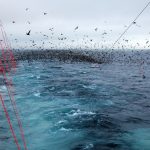



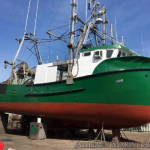
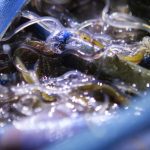


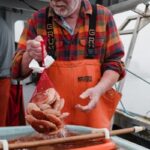


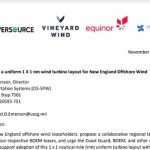
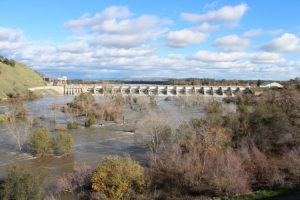
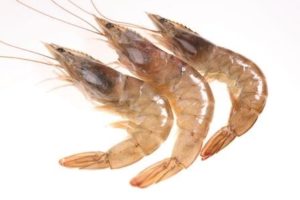



Are slaves catching the fish you buy? Of course – when the Admiralty refuses to protect captains and deckhands rights to proper Lay Shares, and Commerce privatizes public fishery commons in Catch Share schemes, why even Kodiak processing workers are mere low-wage slaves. Their only freedom is to pay rent, costs of living and otherwise figure out how to live under processing companies’ whips.
No USA value-added = abusive transfers to foreign reprocessing nations where actual imprisoned slaves are at work. So, is ‘shackles and chains’, or is debt peonage the better form of slavery?